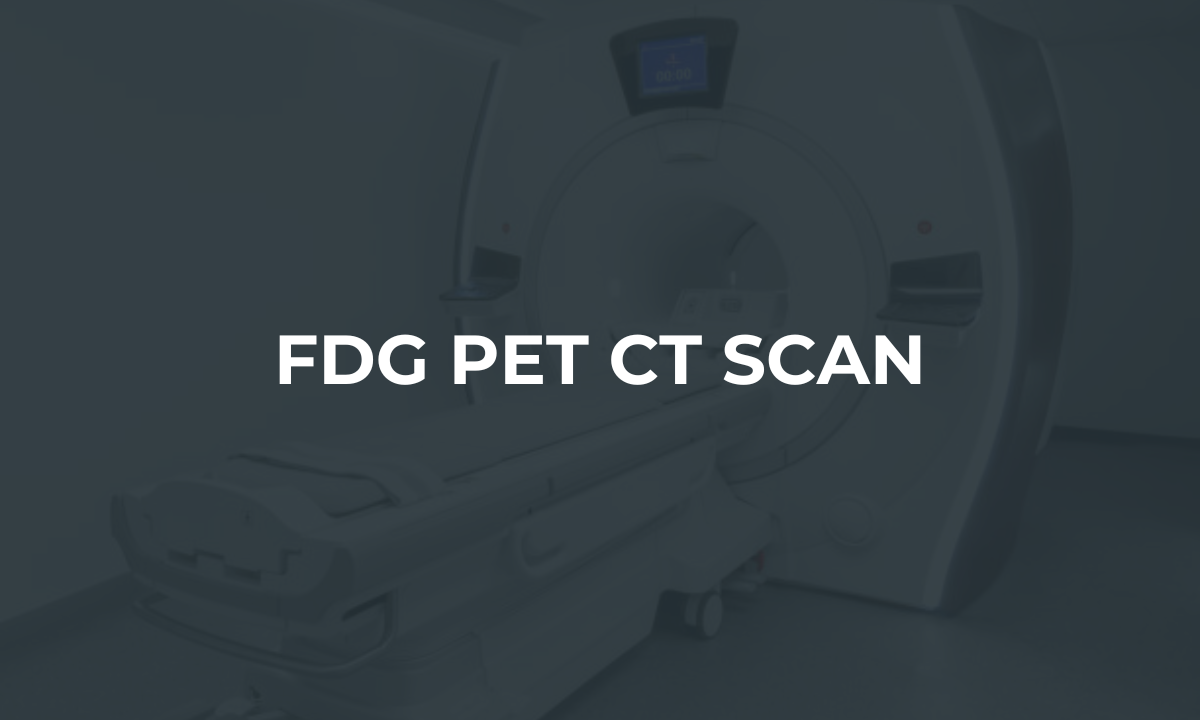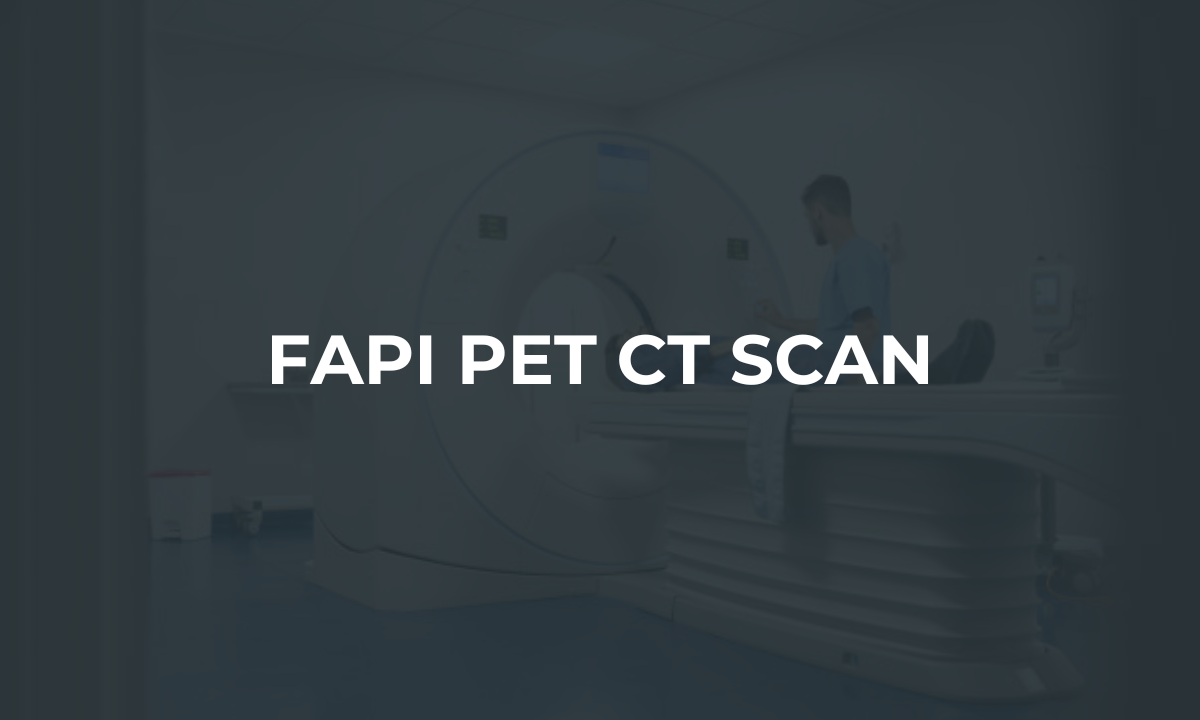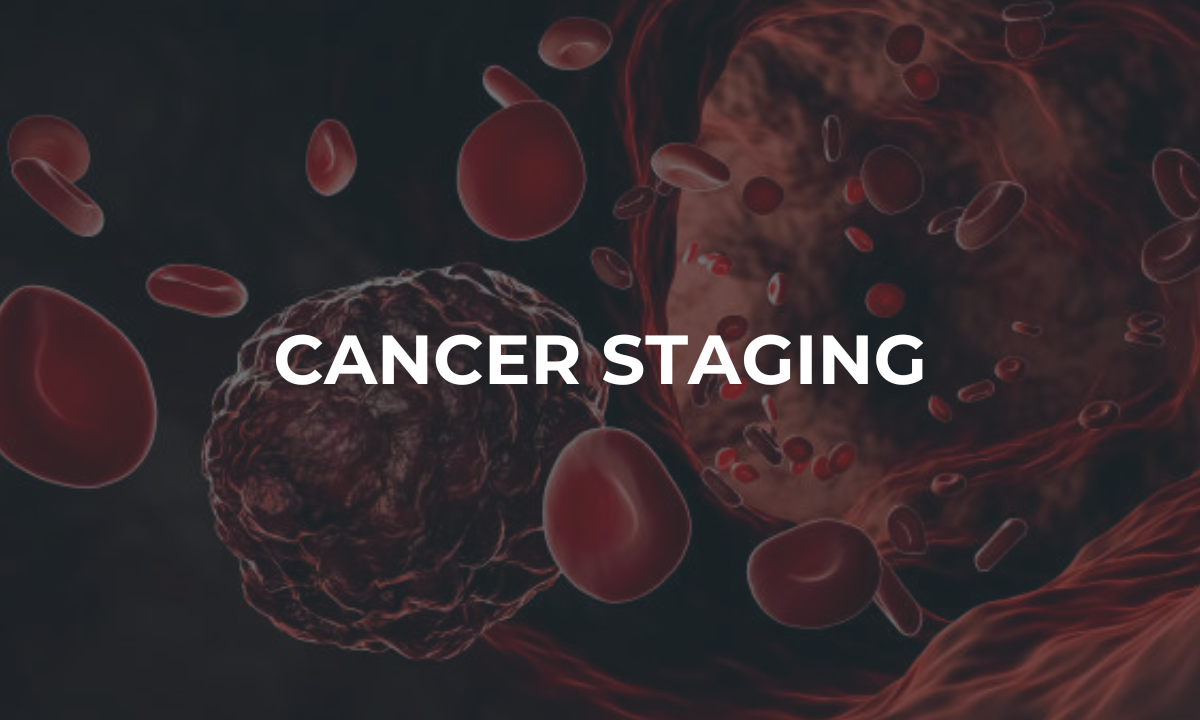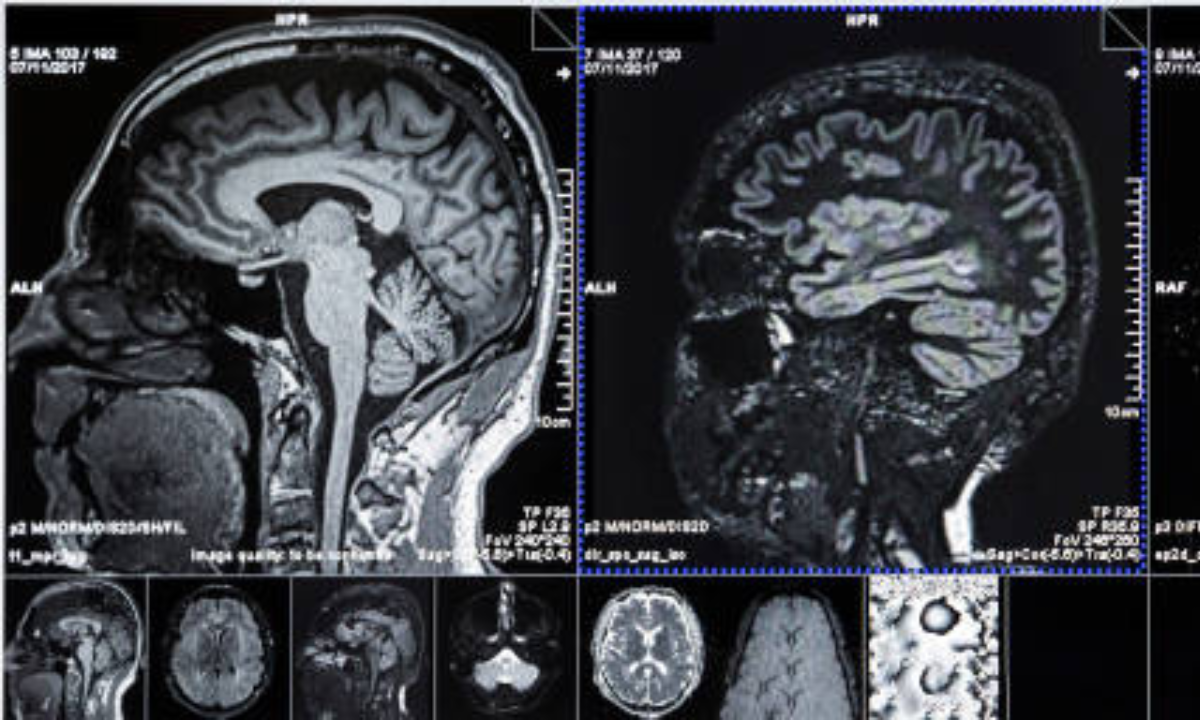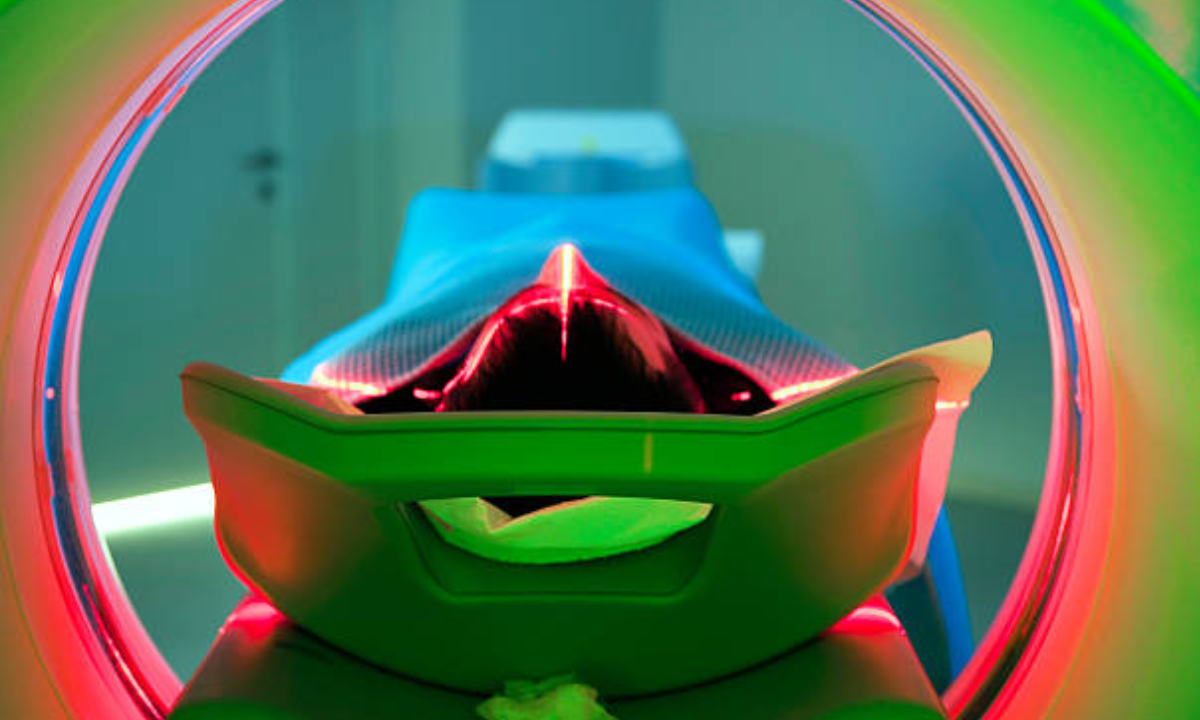Introduction:
Stomach cancer is a serious medical condition that has to be appropriately and timely diagnosed and treated. Early stomach cancer diagnosis greatly increases the likelihood of effective therapy and recovery. In this blog post, we’ll look into the techniques and methods used to diagnose stomach cancer, the staging procedure, and the range of patient treatment choices.
Diagnosing Stomach Cancer:
Medical professionals use a variety of tests and methods to diagnose stomach cancer. A common procedure is an upper endoscopy, which involves inserting a thin tube with a small camera into the stomach through the neck to look for any indications of cancer. Esophagogastroduodenoscopy (EGD), as this technique is sometimes known, is normally carried out sedated. If any unsettling tissue is discovered during the endoscopy, a biopsy is carried out to retrieve a tiny sample to undergo additional lab testing.
Blood tests are another diagnostic procedure that gives medical professionals important details about a patient’s general health. Blood tests can detect potential problems, notably in the liver, which may be caused due to cancer spreading to that organ, even if it doesn’t directly diagnose stomach cancer.
Determining the Stage of Stomach Cancer:
Once stomach cancer is diagnosed, figuring out the stage is essential for devising an effective strategy for the treatment and cure of stomach cancer. Staging helps healthcare professionals decide on the best course of action by revealing information about the size and spread of the cancer.
To assess the extent of cancer development into the stomach wall, an ultrasound of the stomach is often implemented. This non-invasive imaging procedure uses sound waves to create images of the internal organs of the stomach. The ultrasound can also aid in seeing any potential lymph node involvement in the area, which is important for figuring out the stage of the cancer.
To check for evidence of cancer spreading to other body areas, further imaging tests including CT scans and positron emission tomography (PET) scans might be performed. These imaging tests for stomach cancer aid in the development of an effective treatment strategy by giving medical professionals a thorough grasp of the extent of the tumour.
Understanding Stages of Stomach Cancer
Stomach cancer is divided into 4 stages, each of which reflects the development of the disease:
– Stage 0: The cancer is mild and limited to the stomach’s inner surface. The cancer has not yet progressed past the inner layer at this early stage.
– Stage 1: The cancer has spread to the stomach wall’s deeper layers. Although cancer could have progressed to nearby lymph nodes, distant organs have not yet been impacted.
– Stages 2 and 3: The cancer has spread to more layers of the stomach wall and has progressed deeper. Although the cancer may have progressed to more lymph nodes, it is still limited to the stomach and adjacent areas.
– Stage 4: In this stage of progression, the cancer has penetrated the stomach wall and may have spread to distant and surrounding organs. Cancer cells that have moved to distant organs like the liver, lungs, or peritoneum (the lining around organs in the abdomen) are referred to be metastatic cancer at this stage.
Tailored Treatment Options:
Individualised treatment approaches for stomach cancer are determined by a number of variables, including the location and stage of the disease, the patient’s general health, and their preferences. There are several options for treatment and cure for stomach cancer:
1. Surgery: The primary course of treatment for small, localised stomach cancers is surgery. The entire tumour is intended to be removed. For early-stage malignancies, endoscopic mucosal resection may be utilised, whereas partial or complete gastrectomy may be used for more severe instances. In rare cases, surgery may be performed to treat symptoms caused by advanced cancer as well.
2. Chemotherapy: Chemotherapy involves strong medications that destroy cancer cells. Neoadjuvant chemotherapy can be used to reduce the size of the tumour before surgery, making it simpler to remove. As an alternative, adjuvant chemotherapy can be administered after surgery to lower the chance of cancer relapse. In order to manage symptoms and control the disease, chemotherapy can also be implemented as the main treatment for cure of stomach cancer especially in cases advanced or inoperable stomach cancer.
3. Radiation therapy: Radiation therapy targets and kills cancer cells using high-energy beams. Chemoradiation is a type of treatment that combines it with chemotherapy. Before or after surgery, radiation treatment can be used to target any cancer cells still present in the body and reduce the size of the tumour to cure stomach cancer.
4. Targeted Therapy: A form of treatment known as targeted therapy targets specific molecules or proteins that are involved in the development and growth of cancer cells. For issues of advanced stomach cancer, including cancer recurrence, this can be administered in conjunction with chemotherapy.
5. Immunotherapy: An innovative medicine, immunotherapy uses the body’s immune system to identify and combat cancer cells. It can be used to strengthen the body’s ability to combat the disease in cases of advanced stomach cancer and recurring cases.
The Role fo Palliative Treatment
Palliative treatment emphasises on patient’s quality of life and symptom reduction, which is essential to managing stomach cancer. During cancer therapy, a group of medical professionals—including physicians, nurses, and specialists—collaborate to address patients’ physical, emotional, and psychological requirements.
Coping and Support:
The emotional impact of a stomach cancer diagnosis may be distressing for both patient and their families. Support and coping are essential components of the path to recovery. Participating in support groups and making connections with other cancer survivors may be a great way to get both practical guidance and emotional support. Carrying on with activities that make you happy and positive helps a lot during the healing process.
Conclusion:
Understanding the diagnostic processes, staging process, and numerous treatment choices for stomach cancer is critical in supporting patients and healthcare professionals to make educated decisions about their medical treatment. For individuals dealing with stomach cancer, early identification and individualised treatment plans give the highest prospects for favourable results and enhanced quality of life. Stomach cancer is curable and we can hope to achieve better results in the fight to cure stomach cancer by placing a strong emphasis on holistic care.
Contact Kiran PET-CT Scan centre for any queries and you will be assisted in the most compassionate and friendly manner by the staff to accommodate your queries and requirements.


